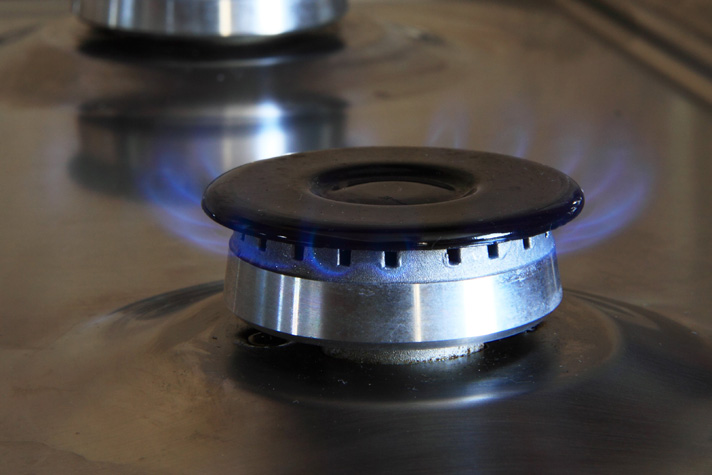Turning off the fracked gas
October 1, 2015
Tracey Saxby

My partner and I bought our home in Squamish in September 2006. It was a fixer-upper, and one of the first things we wanted to do was replace the old oil furnace. Winter was coming, and we needed to make a quick decision. The local heating company convinced us that natural gas was the way to go as we already had the ducting in place, and natural gas is “clean” and “green.” Besides, it had the word “natural” in it, so how bad could it be?
Like everyone else we fell for the clever marketing by the natural gas companies. But in the last 2 years we’ve learned that more than 45% of our natural gas is fracked in Northern BC, where the roads and frack pads fragment the landscape. Fracking contaminates the soil and groundwater, it’s been linked to increased earthquakes, and the people that live in nearby communities have experienced serious impacts to their health.
We’ve also learned that fracked natural gas has a much higher carbon footprint than any other fossil fuel. Climate change is a very real threat, and after this endless summer of wildfires it is becoming increasingly clear that we need to get off our fossil fuel habit, and quickly.
How can we continue to buy fracked gas now we know the truth? Winter is coming (again) and we don’t want to turn on the heat. We can’t afford to replace our heating system at the moment so what can we do?
The good news is there are options. Fortis now offers renewable natural gas that is captured from wastewater treatment plants, agricultural waste, and landfills. The idea is that, by opting in, you can displace conventional natural gas. We’ve signed up.
Other friends that live in Amblepath have decided to turn off the gas completely. Their main source of heat is electric, and they both decided that they didn’t want an ornamental gas fireplace once they learned about the impacts of fracking.
As new technology becomes available, we’re planning to turn off the gas too. New solar panels are being developed that don’t rely on rare earth minerals and can capture energy even when it’s cloudy. We’re saving up to invest in those.
But for now, we’re lowering the thermostat a couple of degrees, and putting our money where our mouth is by turning off the fracked gas.